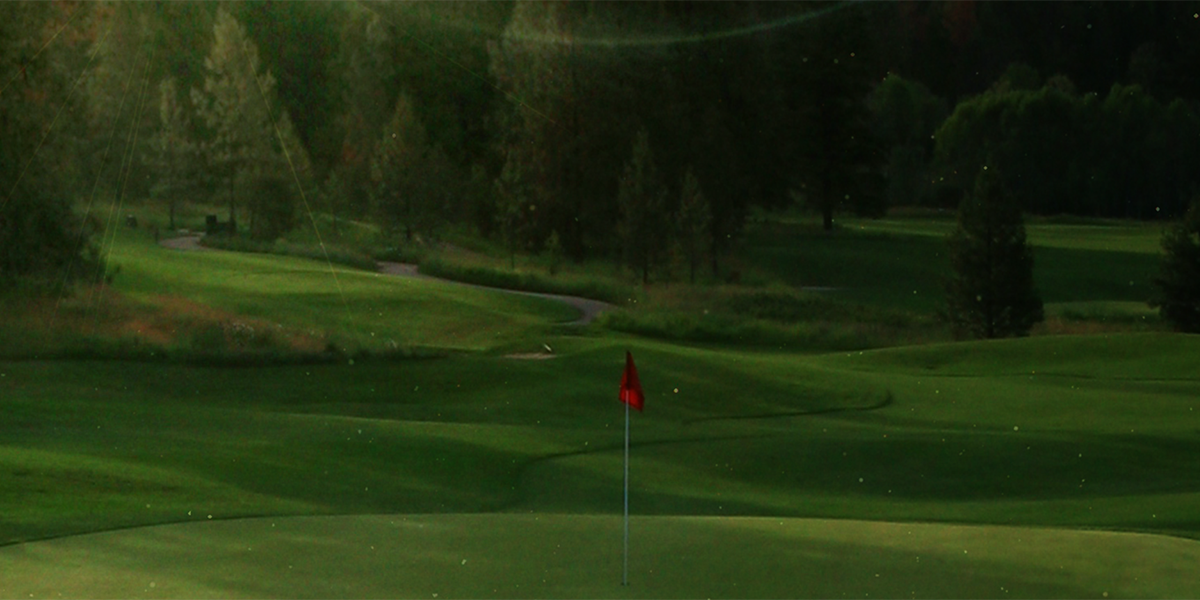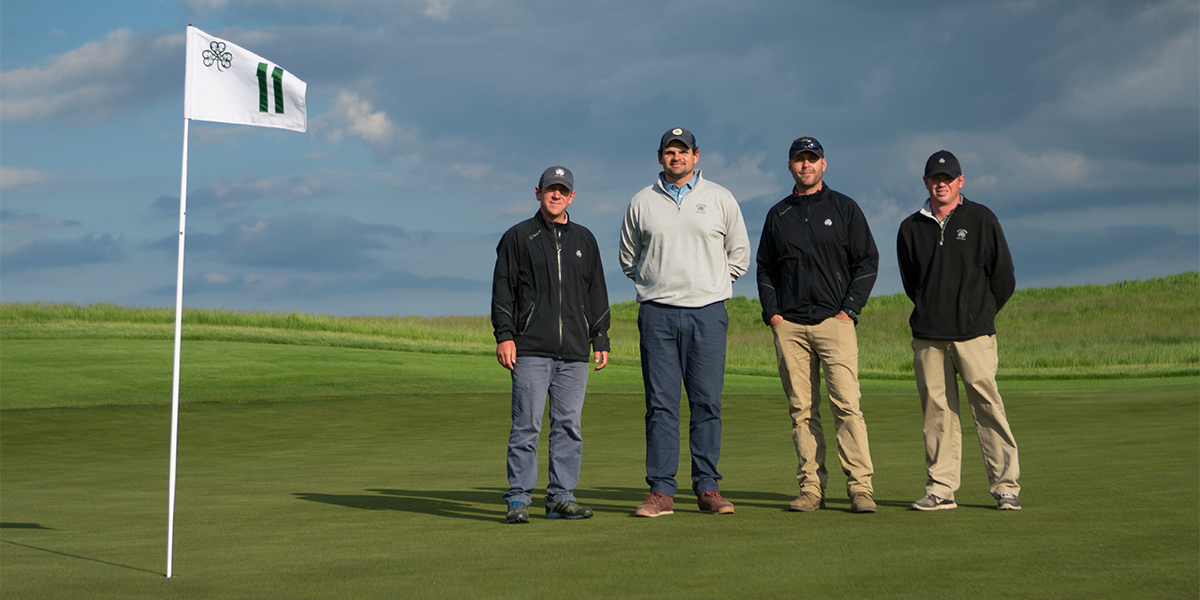The Proof is in the Plant Health
Learn how Intrinsic® brand fungicides help The Resort at Longboat Key Club use a plant-health-first approach to stay on top of their game.

Byline: BASF Turf
The Resort at Longboat Key Club, located on the barrier island of Longboat Key, Florida, contains 410 acres of gorgeous beach front and lush green spaces, including a 45-hole golf course that is playable in many different sequences. The ages of the courses vary by location, with some holes dating back as early as the late 50’s and others introduced in 1961, like the Blue Nine on Sara Bay. The original architect was William T. Bird; however, the course has seen a few redesigns since its inception. Today, the club’s visitors have the opportunity to experience classic Florida courses in a beautiful but challenging setting — full of pushed-up greens, palm trees, sand dunes and plenty of water.
John Reilly, the club’s director of agronomy, has spent 13 seasons observing and implementing changes at The Resort, including the latest switch from bermuda grass to platinum paspalum grass. When he first joined the team, he tried to make the best of the current grass but ultimately determined paspalum was the best choice for the setting, even with its small drawbacks.
Success story: The Resort at Longboat Key Club
Success story: The Resort at Longboat Key Club
“It’s very showy, but it also has the tendency [for] disease pressure,” he says. With courses such as these, the location plays a major factor in the health and playability of the turf. Temperature, humidity, weather patterns and even the amount of salt in the water used for irrigation can give rise to various disease challenges, such as dollar spot, large patch, root rot and fairy ring, which in turn affects the quality of play. “BASF was really the first and only company that I felt also had plant health involved,” he says, “We were on board with them when they started the Intrinsic line… with Lexicon® [Intrinsic® brand fungicide], and lately with the two new DMIs [Maxtima® fungicide and Navicon® Intrinsic® brand fungicide].”
In an effort to be open to every option and opportunity, John and his team participated in an 18-acre study through the winter, which included three preventive fungicide applications over the same six acres. In addition to these applications, site-specific information was collected on a weekly basis to monitor the turf’s response to the products. “That was just another tool in the toolbox … and [when] we have that power, the sky’s the limit for us,” he says, “We adapt, we overcome, we meet our challenges and we need partners to do that.”
In his time spent working with BASF, John’s perspective has shifted from curative applications to a more preventive, plant-health approach. “What you can control is always better than what you have to react to,” he says. With the improved health of the paspalum grass, the club now sees fewer diseases, weeds and pests, which allows for less product waste and more flexibility in application timing. Having participated in the EOP program in the past, John adds, “To make that purchase — which is a big investment — and to make it as wisely as possible, is good for my employers. And you can’t do that alone.”
“BASF was really the first and only company that I felt also had plant health involved. We were on board with them when they started the Intrinsic line.”
— John Reilly, Director of Agronomy, The Resort at Longboat Key Club
Always read and follow label directions.
Products may not be registered for sale or use in all states. Please check with your state or local Extension Service.
Lexicon, Intrinsic, Maxtima and Navicon are registered trademark of BASF. ©2021 BASF Corporation. All rights reserved.



